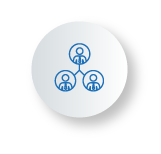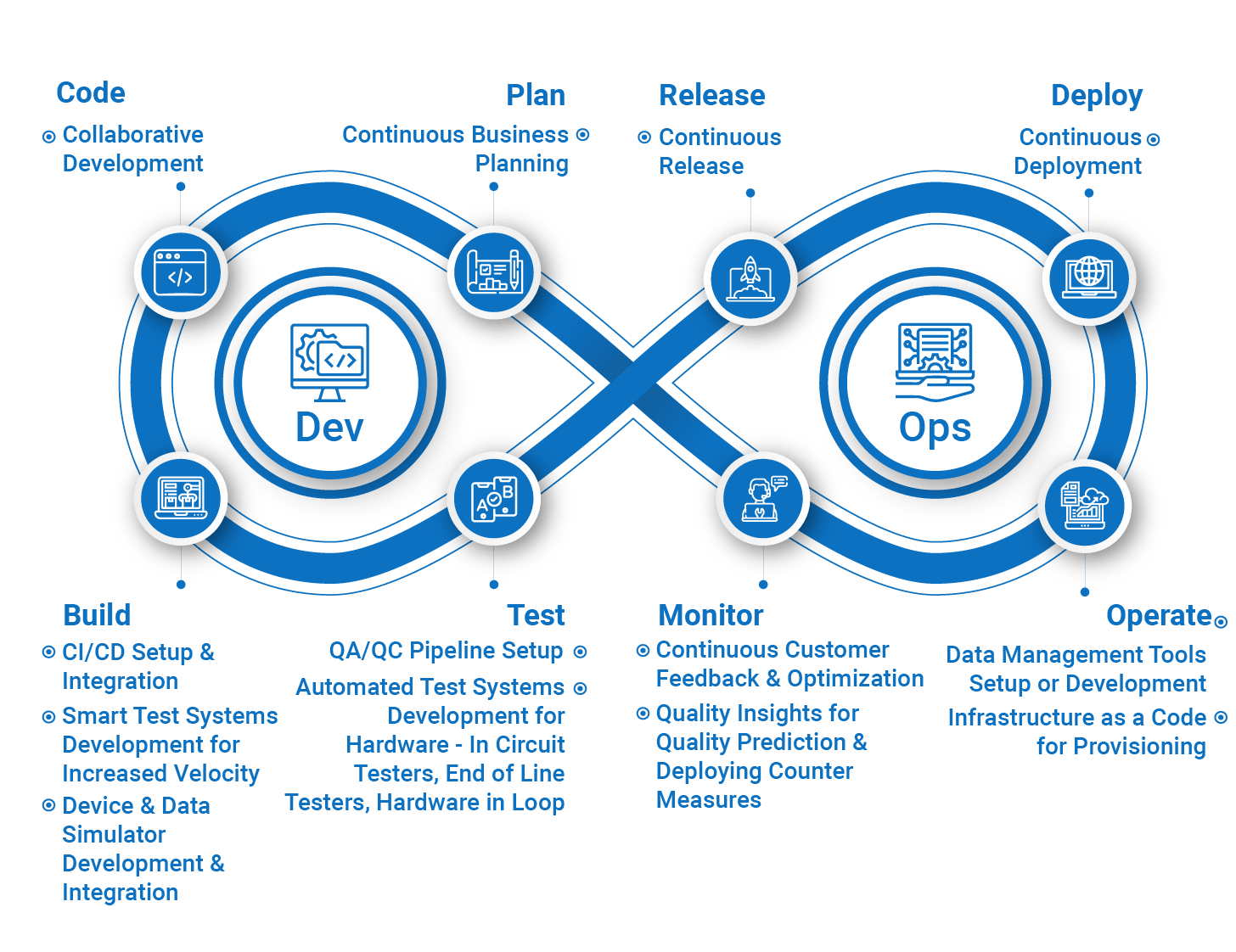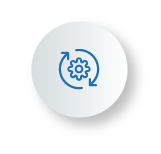Introduction
Over the last decade, software has been bringing about a radical change in various industries. DevOps can be described as a continuous development process unlike the traditional development practice where each department/team functioned as a separate entity. While there is no unique definition for DevOps, its widely accepted meaning is “a set of practices intended to reduce the time between committing a change to a system and the change being placed into normal production, while ensuring high quality”. Three computer science researchers, Len Bass, Ingo Weber, and Liming Zhu, from the Commonwealth Scientific and Industrial Research Organization (CSIRO) and the Software Engineering Institute (SEI), proposed this definition.
DevOps practices combines software development (Dev) and IT operations (Ops) to create an open communication channel that enables seamless collaboration between the teams. It brings together people, product and process for enhanced performance. The continuous integration of activities enables the decision makers and business owners to get a clear picture of the entire business process. This unified operational method enables them to make informed business decisions and achieve quality results, ultimately resulting in higher profit margins.
Why Industries Need DevOps Services?
In any industry, continuous flow of information is critical for process efficiency and success. DevOps works exactly on this point to create a seamless communication flow using Cloud and other technologies. The various departments in a company are brought to the same page, so there is no miscommunication or communication gaps, which could lead to process delays or drop in quality. DevOps enables implementation of continuous automation and monitoring solution, which in turn provides better predictability of the productivity and quality.
The other benefits of implementing DevOps are:

Reduces go-to-market time
Enhances cost efficiency during SDLC

Reduces in defects across SDLC

Delivers fast solution as it builds better collaboration between teams

Allows companies to set up a continuous improvement program

Improves the overall performance of the firm

Helps improve customer experience

Reduces the percentage of failures and rollbacks

Faster return on investment
DevOps Services Provided by Utthunga
We, at Utthunga, drive agile and DevOps adoption in an integrated way, taking an end-to-end view of the value chain. We leverage best of breed, open-source industry standards to build and integrate the best DevOps toolchain for end-to-end application release thereby enabling reliable releases and faster time-to-market. Our customized DevOps consultation services caters to your organizational needs and business goals.
We provide industrial DevOps consulting services for both on-premises and cloud environments. Our team of diverse engineers has expertise in the following:
- CI/CD setup and integration
- QA/QC pipe line setup
- Device and data simulator development and integration
- Data management tools setup or development
- Quality insights for quality prediction and deploying counter measures
- Smart test systems development for increased velocity
- Automated test systems development for hardware – in circuit testers, end of line testers, hardware in loop

Why Utthunga for DevOps Consulting Services?
We offer custom DevOps solutions and services for all industry verticals, OEMs, system integrators, end users, automation device manufacturers and machine builders. Our range of DevOps solutions will help you efficiently manage continuous scaling as required by increased software requirements and hardware complexity associated with an industrial environment.
In terms of capability, capacity and footprint, the challenges of implementing Industrial DevOps processes for your production plants include but are not limited to:
- Continuous integration and continuous delivery (CI/CD)
- Choosing the right metrics, DevOps tools & technologies
- Continuous deployment challenges that includes incident response systems, V&V
- Real-time monitoring and much more
Our entire spectrum of DevOps consulting services works towards agile delivery of software solutions that bridge the gaps between IT, OT, and quality assurance. Our tailored solutions focus on improving the overall operational performance of your company.
As a part of our DevOps consulting services, we offer:

Consulting and Planning

Pilot Framework Creation
We also build a pilot framework based on open-source ecosystems that allows you to implement standard DevOps using your existing technologies & tools.

End-to-end implementation
We follow the best practices to ensure complete implementation of your DevOps projects according to the individual project and business requirements.
FAQs
1. What are the pillars of DevOps?
The five pillars of DevOps are:
- Cultural change
- Automation
- Lean and agile practices
- Measurement and metrics
- Sharing of ideas
2. How agility contributes towards DevOps?
Agile methodologies enable faster deployment and delivery of projects. These methods also enable early detection of errors to ensure better quality results. Agile also enables better collaboration between teams and helps achieve higher visibility and transparency in projects.
3. Why DevOps is needed in the manufacturing sector?
In the manufacturing sector, DevOps helps in seamless collaboration between design, development and production teams. It also aids in automating the production process and helps build multiple operational segments to improve the overall performance.
4. What is the role of DevOps in digital transformation?
DevOps improves collaboration between the development team and operations team, which in turn helps implement digital transformation solutions on the production floor. DevOps tools such as organizational tools and configuration management tools can help improve productivity and quality. Speed of innovation and adoption of the services, rapid delivery, improved collaboration, reliability, security and scalability are some of the positive benefits of DevOps implementation in your organization.
